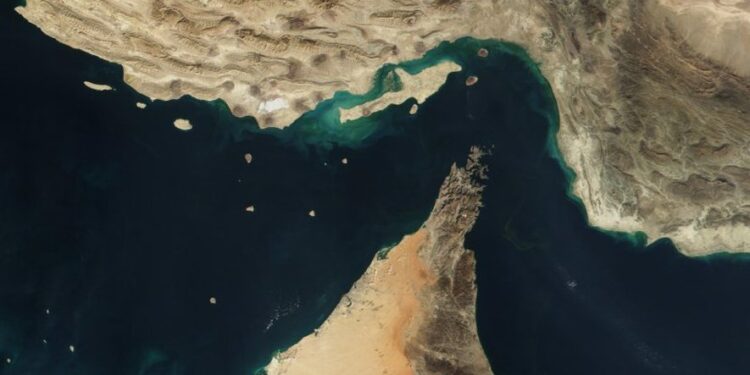While military tensions worsen between Tehran and Washington, the threat of closing the Hormuz Strait worries the markets. Intervening this Monday, June 23, 2025 in the program Noon show On the Mosaic FM waves, economist Ridha Chkoundali highlighted the possible repercussions of this scenario on international exchanges, but also on the Tunisian economic situation.
A key pressure zone
Each day, about a fifth of oil and world gas goes through the Hormuz Strait. This sea corridor is therefore vital for energy supply. Iran threatens to close it to respond to American attacks against its nuclear installations. According to Chkoundali, this gesture is part of a rise in tensions. Iran could also target American bases in the region.
High rise prices
If Iran blocks the Strait, oil prices will climb quickly. Maritime insurances will cost more because of the risk. Companies will have to review their roads, which will increase costs. Several countries neighboring Iran, such as Saudi Arabia, Iraq or Kuwait, will send less oil. This will reduce the global offer and will raise prices.
A difficult situation for Tunisia
Tunisia buys almost all its energy abroad. An increase in oil will therefore have a direct impact. Product prices will increase, which will reduce purchasing power. The government will probably not be able to achieve its growth target of 3.2 %.
In response to inflation, the central bank could further increase its key rate. This would make credits more expensive for businesses and households. The trade deficit, which had improved, will start upwards. The Tunisian dinar may then lose its value against the euro and the dollar. The policy of economic autonomy could also suffer from it.
A necessary collective response
Ridha Chkoundali calls on the government to act quickly. He recommends that all economic players work together. Good coordination will limit the damage. We must also look for solutions adapted to the situation.
In summary, a closure of the Hormuz Strait would have chain effects. Tunisia, like other countries, will have to adapt to deal with this crisis.








